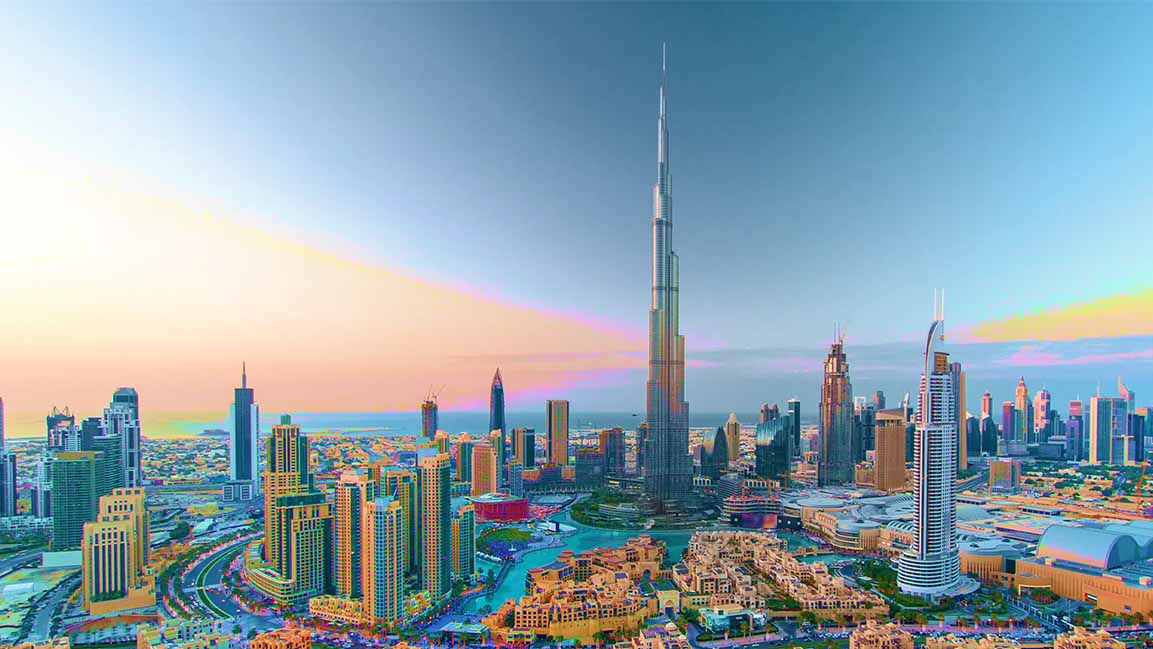- | 1:00 pm
Dubai unveils ambitious strategies to transform key sectors by 2033
The initiatives seek to establish the emirate as a global hub for living, learning, and investment.

HH Sheikh Hamdan bin Mohammed bin Rashid Al Maktoum, Crown Prince of Dubai, Deputy Prime Minister and Minister of Defence of the UAE, and Chairman of The Executive Council of Dubai, has approved a comprehensive set of new initiatives aimed at enhancing Dubai’s leadership across various sectors over the next decade.
These initiatives include the Education Strategy 2033 and the Real Estate Strategy 2033. The Education Strategy 2033 is designed to transform the education system and ensure high-quality learning for students.
It emphasizes providing exceptional education from early childhood through higher education and prioritizes early career guidance. The strategy seeks to position UAE students among the most competitive globally, facilitating their admission to prestigious local and international universities.
The strategy will include internationally accredited vocational programs designed to develop human capital.
“Dubai is designing its next decade, and we are building an education system based on the principle of lifelong learning—a system that can adapt to change and nurture national talents. It will be a future-focused education system that involves both teachers and learners in a continuous journey of creativity and growth, said Sheikh Hamdan.
Meanwhile, the Real Estate Strategy 2033 targets a 70% increase in real estate transactions and aims to boost the total value of Dubai’s real estate portfolios to $5.4 billion, contributing an estimated $19.8 billion to the emirate’s GDP. This initiative is part of the Dubai Economic Agenda (D33), which aims to enhance Dubai’s position as a diverse global economic hub.
Over the next decade, the strategy will introduce various programs to improve development quality, enhance transparency, leverage data for market forecasting, integrate AI into the sector, centralize information, and offer high-quality assets. It also focuses on attracting investment while enhancing the overall buying and selling experience.
In addition, the strategy emphasizes sustainability and community development, aiming to raise homeownership rates to 33%.
“We approved the Real Estate Strategy 2033 to help achieve the Dubai Economic Agenda D33, raising real estate transactions to $272.2 billion by 2033 and doubling the sector’s contribution to economic diversification. The strategy also boosts Emirati competitiveness and promotes home ownership to enhance family stability,” he added.
Additionally, the Dubai Cashless Strategy aims to position Dubai among the top five cashless cities worldwide by 2033, increasing digital transactions across all sectors and contributing $2.17 billion to the economy.
As part of Dubai’s Smart Mobility Strategy, the Suspended Transport Systems Project aims to automate 25% of all trips by 2030 through a newly approved 65-kilometer system connecting Umm Suqeim Street, Al Khor, and Zabeel.
Lastly, the Dubai National Archives Project, managed by the Mohammed bin Rashid Library, seeks to preserve the emirate’s history and heritage to the highest global standards. It involves documenting and archiving government records, achievements, and cultural heritage.































